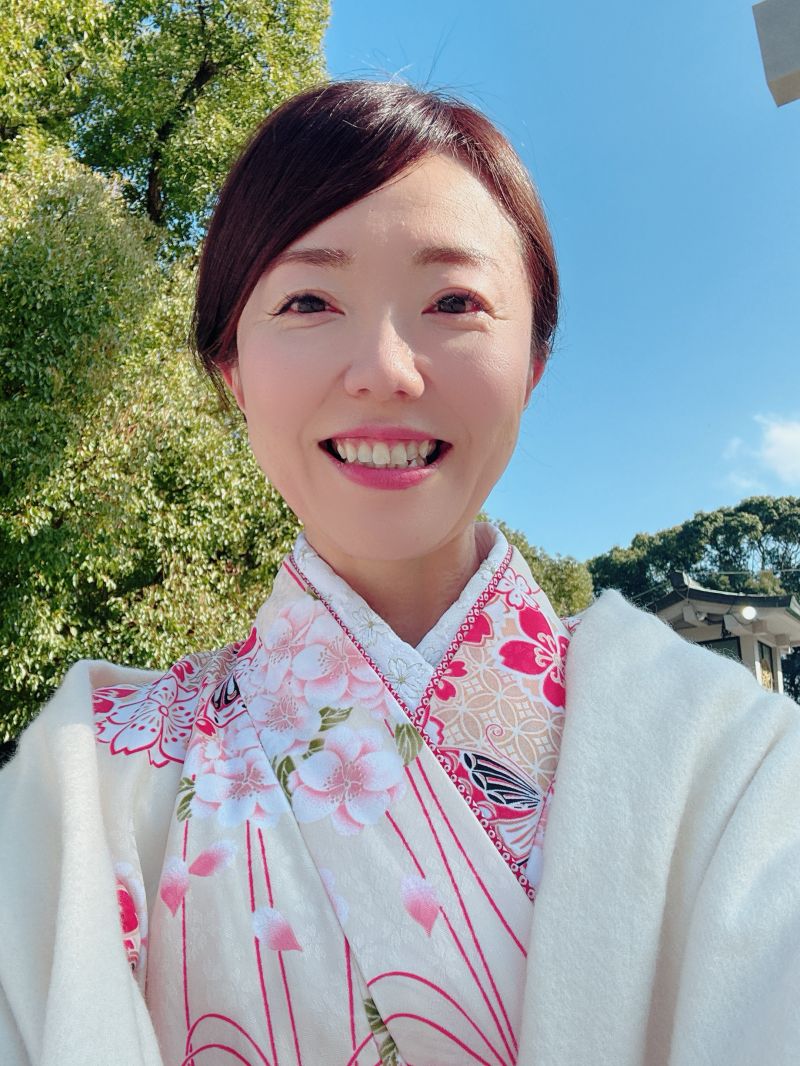
Clinical Psychologist & ADHD Researcher
Dr. Misuzu Nakashima
Medical Advisor for MyndMap
Dr. Nakashima provides clinical insight and research guidance for MyndMap. Her expertise ensures that every feature aligns with psychological evidence, ADHD research, and ethical therapeutic principles.
Professional Profile
Clinical expertise, research insight, and evidence-based practice.
Dr. Misuzu Nakashima is a Clinical Psychologist specialising in ADHD, cognitive development, and behavioural health. Her work focuses on bridging scientific research with practical tools that meaningfully support individuals in daily life.
She brings extensive experience in clinical assessment, therapeutic intervention, and evidence-based modelling. Her research explores how executive function, attention patterns, and cognitive load influence behaviour and long-term wellbeing.
At MyndMap, Dr. Nakashima provides medical and psychological oversight across the ADHD OS. Her guidance ensures that each feature aligns with clinical evidence and supports users with accuracy, safety, and empathy.
Clinical Expertise
Key areas informing the clinical development of MyndMap.
ADHD & Neurodevelopment
Expertise in the psychological assessment of ADHD across adolescents and adults, including diagnostic criteria, behavioural indicators, and therapeutic planning.
Cognitive Behavioural Science
Skilled in understanding how attention, motivation, and executive function shape behaviour. Applies evidence-based frameworks to digital tool design.
Clinical Research & Ethics
Ensures MyndMap's features maintain clinical integrity, ethical standards, and alignment with psychological research.
Clinical Philosophy
Guiding principles behind Dr. Nakashima's work.
She believes that technology should extend—never replace—clinical care. MyndMap must complement therapeutic goals while empowering users with clarity and self-awareness.
Her approach emphasises scientific accuracy, emotional safety, and evidence-based guidance while ensuring features remain intuitive and accessible for everyday use.
Key Contributions
Clinical guidance shaping the ADHD OS.
Clinical Framework Development
Evidence-Based Structure
Designed the psychological framework that underpins MyndMap's feature logic, helping align digital interactions with real-world clinical principles.
Cognitive Load & Behavioural Modelling
Cognitive Behavioural Science
Provided insights into how ADHD-related cognitive patterns affect task management, motivation, and emotional regulation—informing MyndMap's UX design.
Therapeutic Safety & Ethical Oversight
Clinical Ethics
Ensures that MyndMap's tools support users safely, ethically, and in line with psychological best practices.
Evidence-based design is essential when supporting individuals with ADHD. Technology should bring clarity, reduce cognitive load, and respect the complexity of the human mind.
Join Our Community
Connect with fellow users and share ADHD support
Join our user community to share helpful tips and ADHD support.
